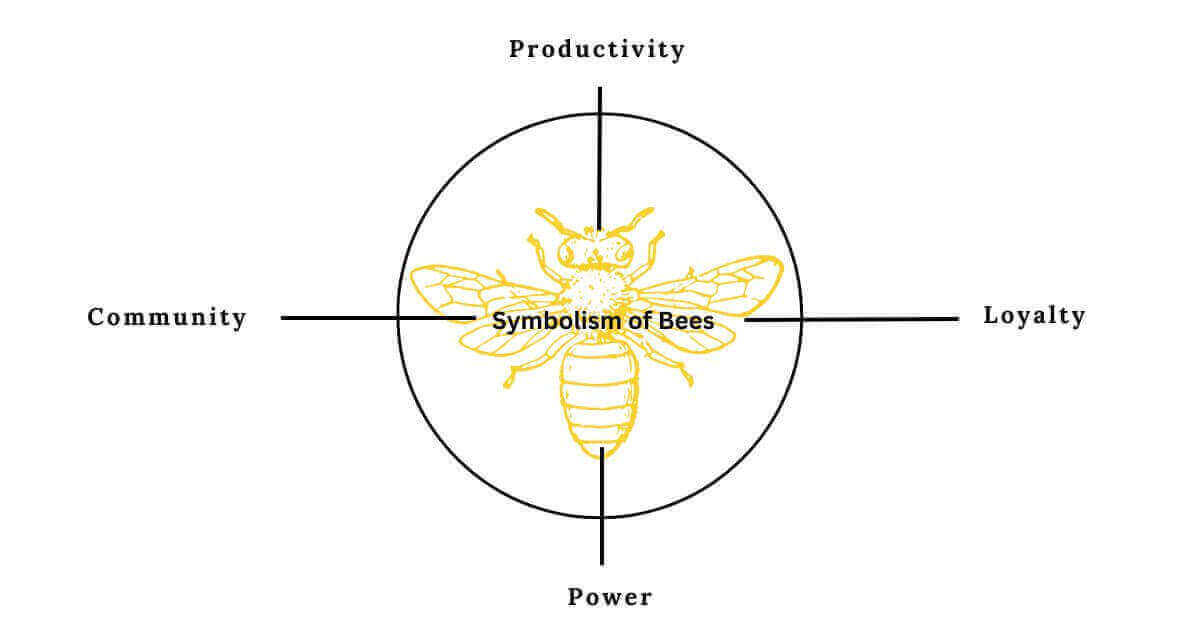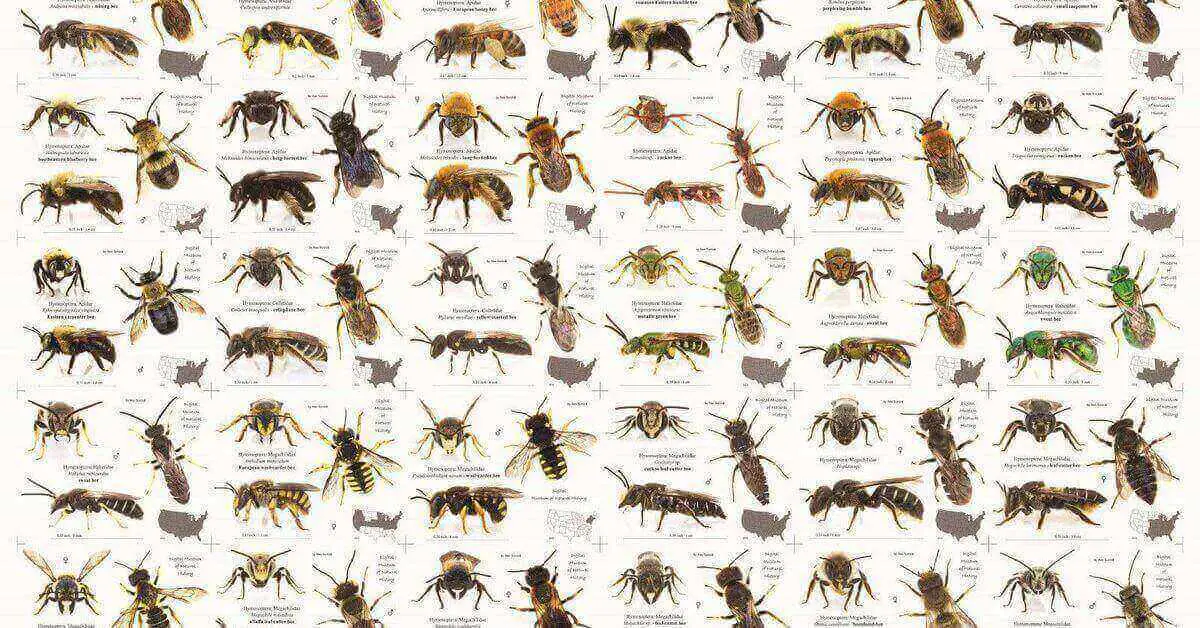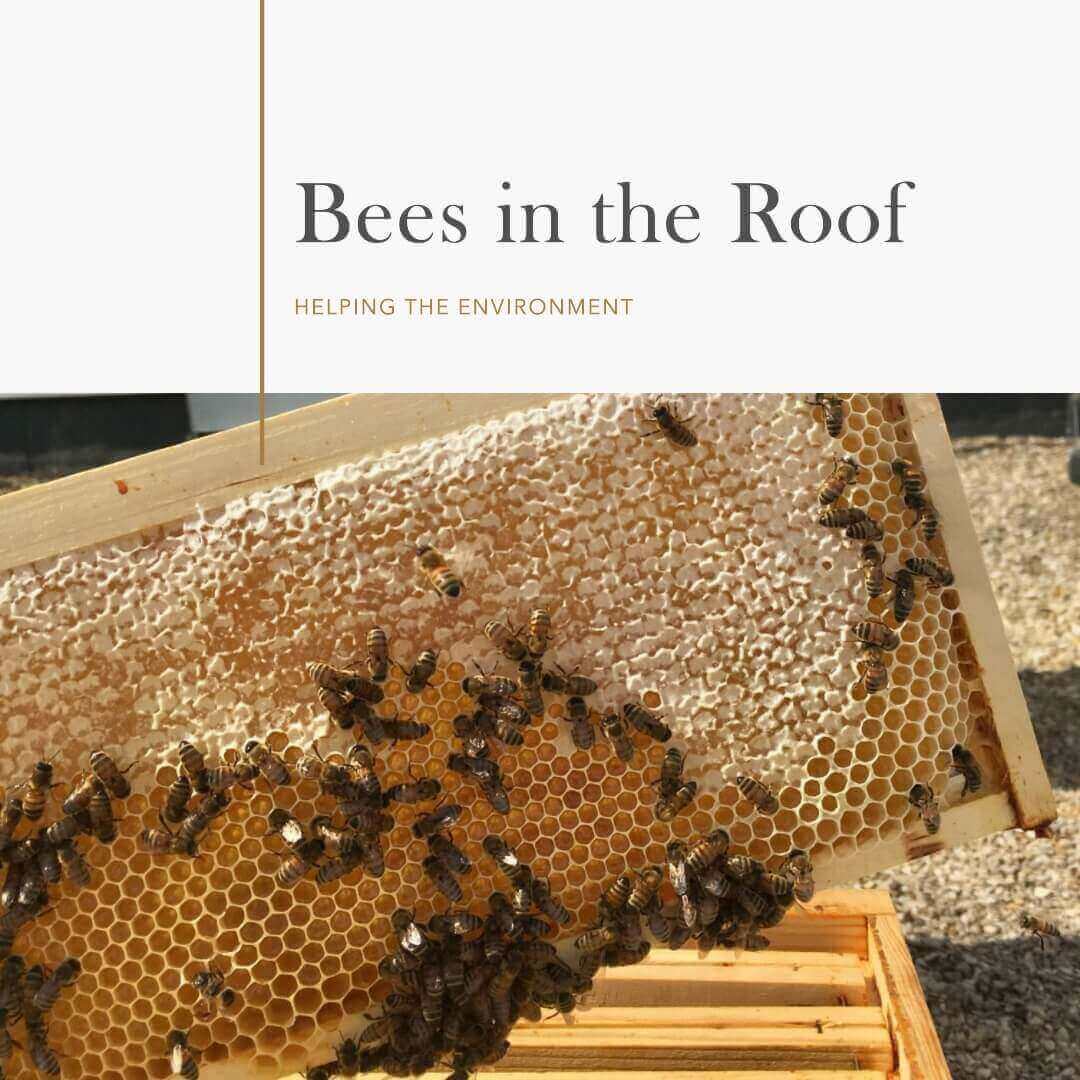The symbolism of bees revolves around several main keywords, including industry, sweetness, and danger. However, their ability to sting and swarm can also evoke fear and danger. Throughout history, bees have been linked to goddesses, divine power and the idea of a harmonious community.
The Symbolism of Bees in History.
| 1 | Research bees’ cultural and historical significance in various civilizations, such as ancient Egyptians, Greeks, and Christians. |
| 2 | Analyze how the symbolic meanings of bees evolved over time and across different cultures. |
| 3 | Consider the physical characteristics and behaviors of bees that inspired symbolic interpretations, such as their role in pollination and honey production. |
| 4 | Reflect on how the symbolism of bees was used in literature, art, and religious beliefs throughout history. |
| 5 | Study the role of bees in folktales, legends, and mythology and the symbolism used in these narratives. |
| 6 | Examine the changing attitudes towards bees and their symbolism in modern society, such as environmentalism and the importance of preserving their populations. |
| 7 | Conclude the enduring significance of the bee as a symbol across cultures and throughout time. |
Symbolism of Bees
Some common Points associated with the bee include:
Hard work
Everyone knows that nothing is possible without hard work. Bees are known for their tireless efforts to collect nectar and produce honey. Work of bees are the symbol of hard work and perseverance.
Community
Unity is faith. Bees live in highly organized colonies, representing unity and cooperation.
Sweetness
As bees are considered a symbol of honey, they closely associate with the idea of abundance and sweetness in life.
Pollination
Pollination is an important topic in our ecosystem. Bees play a crucial role in pollinating plants, symbolizing renewal and growth.
Intelligence
Bees have a complex social structure and navigation skills, symbolizing intelligence and cleverness.
People have used the symbolic interpretations of bees in a variety of art and literature, from ancient Egyptian hieroglyphics to modern-day literature, film, and advertising. The enduring symbolism of the bee highlights its universal significance as a symbol of hard work, community, and the sweetness of life.
The symbolism of bees in different cultures.
Bees have been symbols of various meanings and interpretations in different cultures throughout history, including Greek, Egyptian, and Christian civilizations.
Symbolism in Greek mythology
In Greek mythology, bees were associated with the goddess of the harvest, Demeter. They were seen as symbols of fertility, abundance and sweetness. Honey produced by bees was also considered to have medicinal properties and was used in religious offerings.
Symbolism in Egyptian mythology
Ancient Egyptians saw bees as symbols of the soul and frequently depicted them in religious imagery and tombs. They associated bees with royalty, as they often portrayed the goddess Neith with a bee on her head.
Symbolism in Christian mythology
In Christianity, the bee has been a symbol of the resurrection and soul. As well as the virtues of hard work, diligence, and community. Bees were often depicted in religious art, particularly in the decoration of illuminated manuscripts.
The symbolism of bees is in different books.
Bees have been a source of symbolic meaning in various books throughout history, including religious texts, literature, and folklore. The symbolism of bees in holy books is described below.
Bible
Bees are mentioned several times as symbols of prosperity and the importance of hard work in the Bible. The book of Proverbs refers to the bee as an example of a diligent worker. In contrast, the book of Deuteronomy describes how a land flowing with milk and honey represents abundance and fertility.
Quran
Bees are mentioned several times in the Quran and hold a significant symbolic meaning in Islamic tradition. The Quran teaches us all about bees and how they live in unity.
Hinduism
The Book of Hindu religion. In this book, the bee symbolizes spiritual longing and the soul’s journey toward union with the divine. The Hindu god Krishna is associated with bees, and it is believed that bees represent the quest of the honey soul for divine knowledge.
William Shakespeare
In Shakespeare’s play, “A Midsummer Night’s Dream,” the bee symbolizes love and the power of nature. The play describes the movements of bees as a metaphor for the whims of the heart and the workings of fate.
Native American folklore
This book describes bees as the sun and the messenger of the gods. Bees were believed to bring good fortune and were considered home protectors.
African folklore
The idea of community and cooperation is the main discussion about bees in this book. People saw the highly organized and efficient bee society as a symbol of unity and the importance of working together for a common goal.
Related Articles:
- Aggressive bees: Which bees are More Aggressive?
- Anthidium manicatum biography.
- Do Bees Hibernate? Why do Bees Hibernate?
Symbol of Bees Happiness
Do bees have a Symbol of happiness? Yes, bees also have a symbolic association with happiness and joy.
The image of bees collecting nectar from flowers while buzzing is often regarded as a symbol of the simple pleasures in life, evoking a warm, sunny day and a sense of contentment. All of these factors contribute to the symbolic association between bees and happiness.
Symbol of Bees Fear
When bees sting, it is the symbol bees fear. A bee sting can serve as a symbolic representation of a traumatic experience, and the fear of bees is occasionally used metaphorically to express a deep, irrational fear of something else.
Summary
Bees have a rich and varied symbolism in various cultures. Almost every Holy book discussed bees’ nature. Hard work, sweetness and symbolic associations demonstrate the enduring significance of the honey bee across cultures and time periods.




